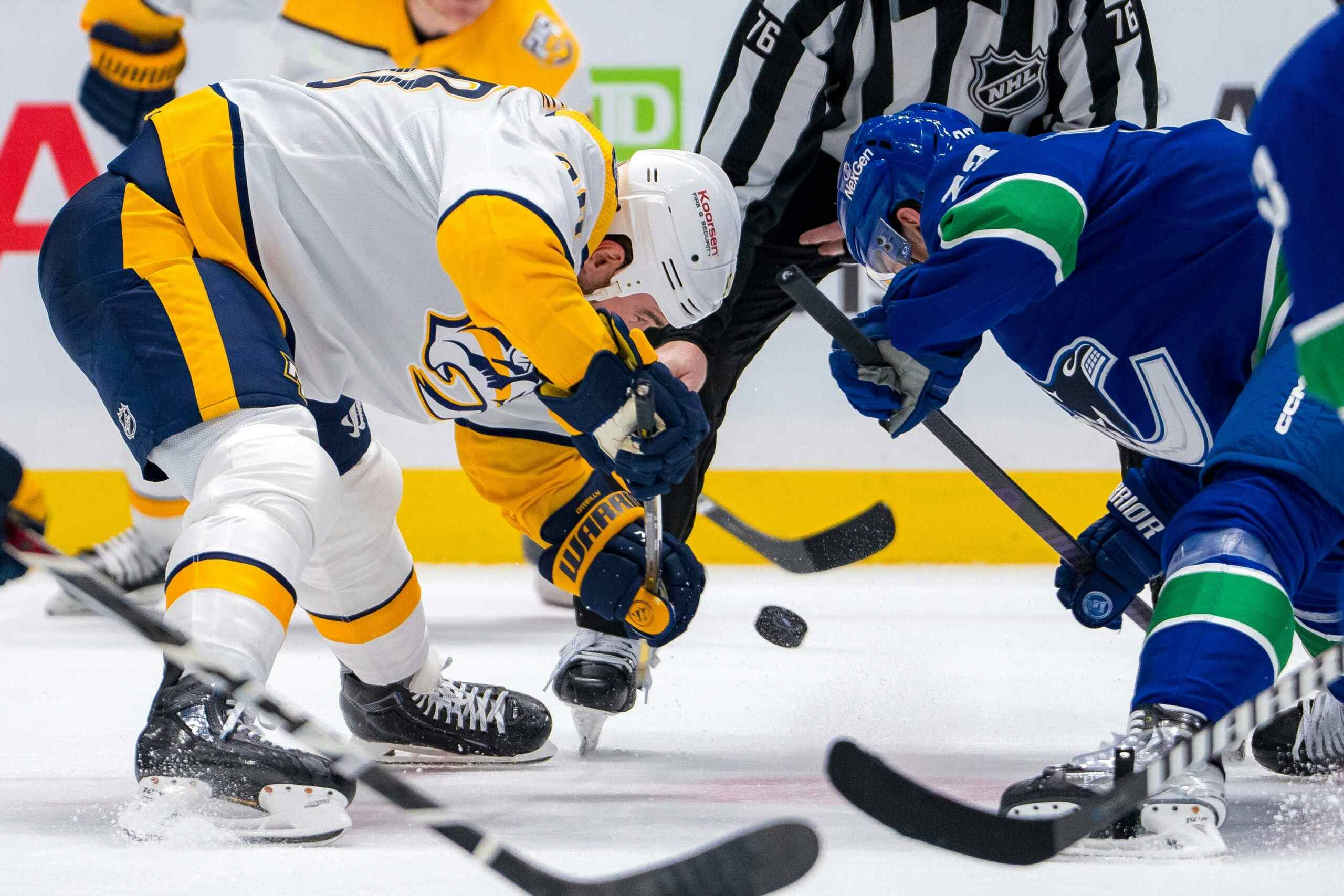Colin Campbell’s Failure To Communicate
As those of you who follow me on Twitter know, last night I was listening to Colin Campbell’s interview with the Fan 590 from earlier in the day and passing along some choice quotes. It was a bizarre interview in a lot of ways, ranging from Colin Campbell’s anger at the victims of hits from behind to his feelings that those pesky emails that were revealed earlier this season were totally appropriate to his not so subtly-worded desire to take a picture of his son, Marc Savard and the Stanley Cup and shove it up Tyler Dellow’s keester.
There was another point in the interview I found especially noteworthy however, one that I felt deserved more than 140 characters of consideration.
Asked by Bob McCown whether he felt his hands were tied when handing out suspensions at times, Campbell volunteered the following:
I think if someone were to do this discipline in a different way, my recommendation would be this – and I know this can’t be done this way because of the politics of the league, and the players’ association and everything – but I think the best way to do this discipline would be to stand back, look at the play, know everything, know the game, render a decision, and not have to answer to anybody. Not have to go on your show, not have to answer to the managers, just render a decision and not care about the pressures that are out there, not listen to what people are saying and just do it.
(This quote is from roughly the 13:30 mark of the interview linked above.)
In a lot of ways, it’s easy to justify that kind of quote. Campbell operated in a highly public position, and even had he performed perfectly there would have been a lot of criticism. It isn’t a job for the thin-skinned, and so I can understand the appeal of not being forced to explain himself. That attitude may not be ideal, but I don’t think there’s a need to be overly critical of that perspective of it.
However, I do think the statement showcases a fundamental misunderstanding of one of the most important parts of Colin Campbell’s job: communicating the reason for a suspension to players, managers and fans.
I say that because it isn’t because of politics that Campbell has to explain suspensions. He might think that the primary purpose of suspensions handed down from the league office is to punish players who err, but it isn’t: the primary purpose of a suspension is to teach managers and players what kind of play is considered over the line, and to show the fans at home, including young hockey players, what sort of behaviour will be tolerated (I’m generally not wild about ‘what about the children’ lines of reasoning, but in this case I think it fits).
When a suspension gets slapped on Player X, part of the purpose is to punish, and to give the appearance of justice being done. The primary purpose, however, is to send a message to other players and the men who manage them: this sort of action is not considered appropriate by the NHL, and we want to take it out of the game. When the league disciplinarian explains a suspension, he’s not just trying to justify it for interested parties like the teams in question and their fans, he’s trying to show the entire league what behaviour is unacceptable and dissuade them from committing similar actions.
Campbell’s actions often showed a lack of understanding of that basic principle. His suspensions were erratic to the point that the process was referred to as the ‘Wheel of Justice.’ The punishments varied wildly depending on the player involved; two players named ‘Chris’ might commit nearly identical offences, but if one was named ‘Simon’ and the other ‘Pronger,’ the punishment would change a lot.
A lot of what makes suspensions effective is their predictability – each player should know the ramifications of their decisions before they make them. Clear communication is key – when the disciplinarian hands down a suspension, he should explain the reasons for it so that all can understand. He should do this, not because he feels forced to by league politics, but because he understands it is an essential part of doing his job effectively.
It is to be hoped that Brendan Shanahan grasps that point to a greater extent than his predecessor did.
Recent articles from Jonathan Willis




